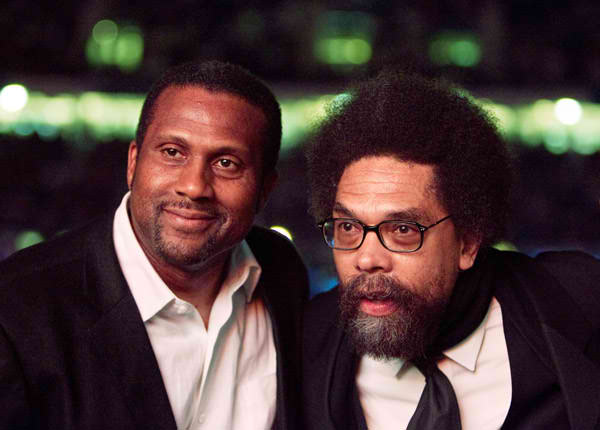Those psychological reasons are a direct result of Calvinist philosophy. You don't work, you're a bad person, so people on welfare have low self-esteem and are scorned by others. If everyone gets a basic income, then there is no longer any reason to look down someone's nose for taking welfare because everyone is taking welfare anyway.
It's called humanity, not philosophy. It will always be there.
But in fact, a basic income is not at all incompatibile with a work ethic, since there's no reason to believe that if everyone has a place to live, food to eat, health care, and free access to education and the internet, they'll stop wanting to compete with each other for more luxuries and social esteem. With a basic income, people who work will still be admired more, and they get the benefit of extra money to spend on luxuries beyond their basic needs. So I guess we'll keep the Calvinism, but at least the people who end up on the bottom rung of that system will not be in a terrible struggle for basic survival while still feeling inadequate.
Which is why I am, for the 100th time, not against a basic income. Only saying that it matters how we provide it. I don't believe those at the bottom should struggle. I believe
everyone who works hard deserves a decent lifestyle and that we should subsequently take care of the elderly and disabled and help out people in times of need.
Furthermore, the dirty jobs that need to be done will have to be compensated much more highly to attract people, and one benefit of this will be that society will start properly valuing people who do the necessary important work. Which brings us to the epithet "unskilled". Work that is important and vital is not any less important or vital just because a larger number of people can do it. Sure, you don't need a lot of training to do these kinds of jobs, but let's face it, we need garbage collectors a lot more than we need many office jobs that require a college degree. The work is also riskier and harder, but curiously even though our society always goes on about "hard work", the people who work the hardest and go home bone tired or injured don't get that kind of respect simply because their labor didn't start with a higher education. That needs to change, and a basic income would help move that social needle. I want to see janitors and elderly caregivers admired, emulated, and driving around in fancy sports cars with big houses too. They fucking deserve it.
I agree with you 100%. But until you demonstrate a model that makes these jobs lucrative, it doesn't mean much in the real world. If i were up to me, taking care of the elderly would be valued higher than a Wall Street trader. But it's not up to me.
If anything, a basic income will free up a lot more energy for personal ambition and motivation since it won't be ground away by treading water in a job that barely provides survival.
Again I agree. I've only argued that
A. a direct transfer should be just ONE method of accomplishing our goals
B. That too high a transfer, without stating what that number is, could be detrimental.
I've also argued for massive institutional structure changes - that people should work much less hours, paid time off without repercussions, etc.
This is starting to get annoying. I feel like no one is actually reading my position. Like, how many times do I have to repeat that I'm not against a basic income, not against a direct transfer, and agree that both of those are too fucking low right now without being hounded on the topic? It's perplexing to say the least.
My belief is that if you try hard and are a good person, you shouldn't have to worry about money in terms of living a decent life in this country. We are failing miserably at this goal.



